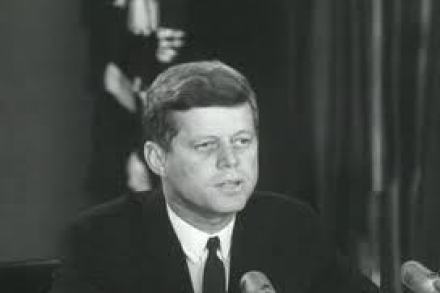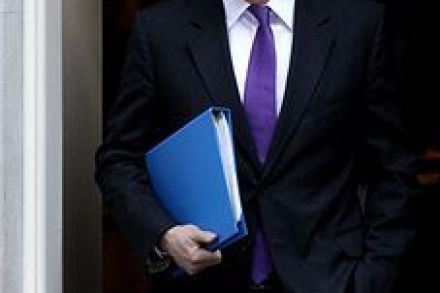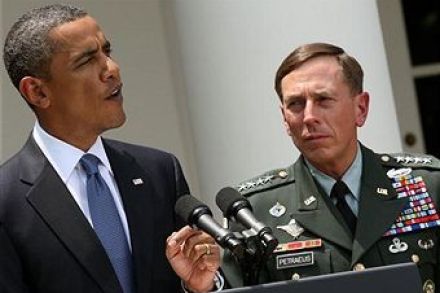From the archives: The Cuban Missile Crisis
48 years ago this week, the Cuban Missile Crisis came to an end. Here are the two Spectator leading articles that bookended our coverage of those thirteen momentous days in October: Trial of strength, The Spectator, 26 October, 1962 The West faces a grave situation. It would be absurd to think that the showdown on Cuba is only a Soviet-American affair. Rather it is the testing-ground of the determination of the freedom-loving peoples to defend themselves – one selected by Russia with a view to causing as much confusion as possible in the countries of the Atlantic Alliance and the uncommitted States. We notice one crucial point at once. The

















